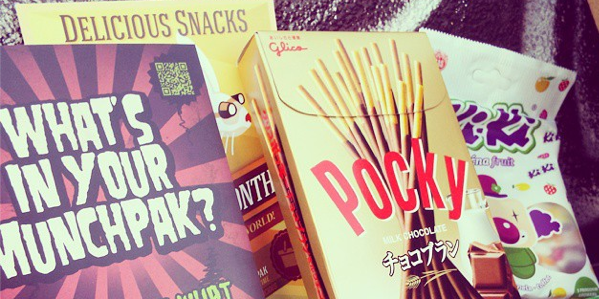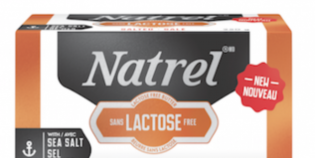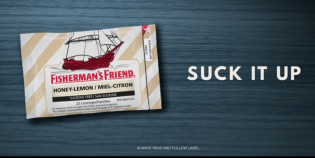A growing number of Canadians are munching on snacks – dried fruit, chips and candy – that they bought without setting foot in a store.
They’re tapping into the subscription box trend, where users get monthly packages of snacks delivered to their doorstep. The offerings span from healthy snacks to junk food, and can include everything from coffee to meat.
“It’s a super-convenient way for people to try out new stuff and get snacks delivered to their house without having to go to the store,” said Mike Beletz, co-founder of Phoenix, Arizona- based MunchPak.
His company sells candy and snacks sourced globally from brands such as Nutella and Pocky to subscribers in Canada and the U.S.
Rates start at US$21 per month, plus $3 shipping, for 12 or more full-sized snacks. MunchPak began shipping to Canada in January. Now, as many as 20% of its subscribers are Canadian.
One-quarter of food consumption comes from snacks, and consumer demand for healthier snacks is growing, said Gautam Gupta, co-founder and CEO of NatureBox in San Carlos, Calif.
Gupta had childhood obesity, but lost 70 pounds as a teen after changing his eating habits. His company offers a choice of more than 130 nutritionist-approved, NatureBox-branded snacks. It started shipping to Canada in June, and Gupta said the company has already reached the number of subscribers it took almost a year to achieve in the U.S.
Canadians pay US$19.95 per month for five snacks, such as mango almond bites and chia-seed crackers, plus $4.95 for shipping.
It only took NatureBox two to three months to go from the idea stage to getting its snacks into customers’ hands–a fraction of the time the product development cycle takes for most traditional CPG companies, said Gupta. (CPGs have ventured into the U.S. snack box market. General Mills launched Nibblr, which delivers portion-controlled snacks to subscribers’ home or office, last November.)
According to Gupta, only 3% of the food market happens online. However, he said, “We see that it’s going to be a rising tide.”
Canadian firms are also entering the subscription box market. Little Life Box of Piedmont, Que. sells healthy products including edibles, natural cosmetics and household goods.
Subscriptions start at $19.99 per month for up to a dozen “healthy alternative” samples, plus a flat shipping rate of $3.75.
The company’s membership base has increased by 9% monthly since it launched last December.
“It gives people the opportunity to sample health-oriented products before committing to buying them in stores where they can be twice, even three times, as expensive,” said Little Life Box co-founder Joseph Longo. “Many of our members say it’s like sending a gift to themselves every month.”
Some delivery services – such as U.S.- based Craft Coffee, which sources from micro-roasters – also encourge giving a subscription as a gift to someone else.
The idea of subscribing for snacks and other foods is brilliant, said Harold Simpkins, a marketing professor at Concordia University in Montreal. Simpkins said some consumers might be attracted to not having to choose the snacks they’re going to buy.
In addition, the concept gives manufacturers power. The manufacturer is no longer reliant on the retailer for shelf space, and avoids making payments to have an in-store presence.
Simpkins said, “If you can deal directly with the consumer, you pull that retailer out of the equation and you shift a little more power back to yourself.”










